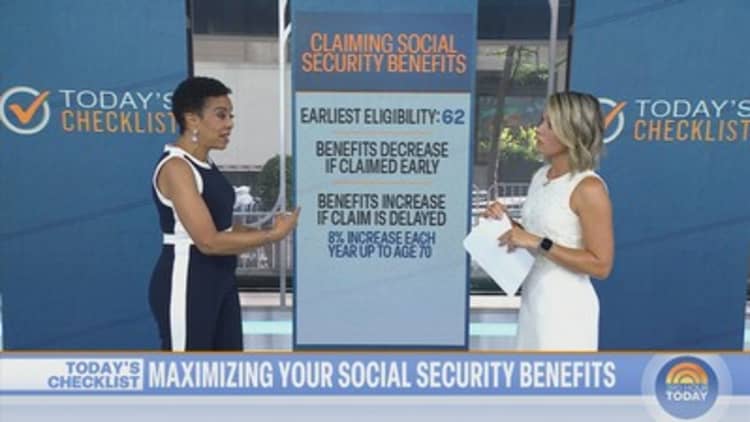Many investors unknowingly make a costly mistake when rolling their money from a 401(k) plan to an individual retirement account: leaving their money in cash.
Rollovers from a workplace retirement plan to an IRA are common after reaching certain milestones like changing jobs or retiring. About 5.7 million people rolled a total $618 billion to IRAs in 2020, according to most recent IRS data.
However, many investors who move their money to an IRA park those funds in cash for months or years instead of investing it — a move that causes their savings to “languish,” according to a recent Vanguard analysis.
About two-thirds of rollover investors hold cash unintentionally: 68% don’t realize how their assets are invested, compared to 35% who prefer a cash-like investment, according to Vanguard.
The asset manager surveyed 556 investors who completed a rollover to a Vanguard IRA in 2023 and left those assets in a money market fund through June 2024. (Respondents could report more than one reason for holding their rollover in cash.)
“IRA cash is a billion-dollar blind spot,” Andy Reed, head of investor behavior research at Vanguard, said in the analysis.
‘It always turns into cash’
The retirement system itself likely contributes to this blind spot, retirement experts said.
Let’s say a 401(k) investor holds their funds in an S&P 500 stock index fund. The investor would technically be liquidating that position when rolling their money to an IRA. The financial institution that receives the money doesn’t automatically invest the savings in an S&P 500 fund; the account owner must make an active decision to move the money out of cash.
More from Personal Finance:
Stocks often drop in September. Why you shouldn’t care
Don’t expect ‘immediate relief’ from Fed rate cut
Momentum builds to eliminate certain Social Security rules
“That’s one of the challenges: It always turns into cash,” said Philip Chao, a certified financial planner and founder of Experiential Wealth based in Cabin John, Maryland. “It sits there in cash until you do something.”
About 48% of people (incorrectly) believed their rollover was automatically invested, according to Vanguard’s survey.
When holding cash may be a ‘mistake’
Holding cash — perhaps in a high-yield savings account, a certificate of deposit or a money market fund — is generally sensible for people building an emergency fund or for those saving for short-term needs like a down payment for a house.
But saving bundles of cash for the long term can be problematic, according to financial advisors.
Investors may feel they’re safeguarding their retirement savings from the whims of the stock and bond markets by saving in cash, but they’re likely doing themselves a disservice, advisors warn.
Interest on cash holdings may be too paltry to keep up with inflation over many years and likely wouldn’t be enough to generate an adequate nest egg for retirement.

“99% of the time, unless you’re ready to retire, putting any meaningful money in cash for the long term is a mistake,” Chao said. “History has shown that.”
“If you’re investing for 20, 30, 40 years, [cash] doesn’t make sense because the return is way too small,” Chao said.
Using cash as a “temporary parking place” in the short term — perhaps for a month or so, while making a rollover investment decision — is OK, Chao explained.
“The problem is, most people end up forgetting about it and it sits there for years, decades, in cash, which is absolutely crazy,” he said.
Relatively high cash returns over the past year or two in some types of cash accounts — perhaps around 5% or more — may have lulled investors into a false sense of security.
However, investors are “unlikely to keep those returns for long,” Tony Miano, an investment strategy analyst at the Wells Fargo Investment Institute, wrote Monday.
That’s because the U.S. Federal Reserve is expected to initiate a round of interest-rate cuts this week. Investors should “start repositioning excess cash,” Miano said.
Investors should also question if it’s necessary to roll money from their 401(k) plan to an IRA, as there are many pros and cons, Chao said.
Read the full article here


